One in six Scots are taking on new debt and one in 10 dipping into their savings to cover soaring living costs, a new study has found.
TSB’s latest Money Confidence Barometer measured people’s confidence in their financial outlook across a range of different scenarios.
Among key findings, 85% of Scots have worries about their personal finances right now.
More than half (54%) of those who have taken more money out of savings or investments than they’ve put in during the past six months are using these funds to cover increased day-to-day living costs.
And more than half (54%) of Scots trying to save for a deposit on a flat or house have slowed down or even stopped altogether in response to a big jump in the cost of living.
Although a majority (81%) are still putting money aside for something, or paying off debts or a mortgage, the survey has revealed growing debt dependence among the rest.
Many of these people (27%) have taken out new or additional debt, or plan to take out more in the next six months.
Of those taking out new or additional debt, one-in-four (24%) who plan to do so will be using it to pay for household bills – for example, rent, mortgage, council tax, electricity/gas and insurance – or to pay for groceries (25%), and around one-in-five to pay off other debts (18%).
Carol Anderson, director, branch banking, TSB, said: “This research exposes the emerging gap between resilient households, with healthy rainy-day savings built up during the pandemic, and those with no savings who are struggling to get by.
“We’ve seen TSB customers coming to us for support, and we’re holding around 5,000 meetings every week to help them manage their money and feel more confident about their plans.”
Seven in 10 Scots who are worrying about their personal finances say this is impacting their sleep or other wellbeing issues as the cost-of-living crisis gains momentum.
Analysis of TSB customer debit card data found spending on household gas and electricity is up 54% year-on-year, ahead of the next energy price cap increase in October.
Spending on groceries is down by 2%, as people shift their outgoings towards lower price supermarkets or shop less frequently.
Spending on clothing has decreased by 2%, while the outlay for home and DIY is lower by 6% as customers cut back on non-essentials where they can.
Against this backdrop, many Scots are taking action where they can to cover rising outgoings. The most common way cited by survey respondents is reducing household spending (42%).
TSB’s study was conducted last month and reached 678 Scots among 5,800 people throughout the UK.
Costs up, savings down and people’s financial situation getting worse
The research follows hot on the heels of a UK-wide study by insurer LV= showing more than half (53%) of people say their finances have worsened over the past three months.
The wealth and wellbeing survey – the latest in a quarterly series – was carried out among 4,000 people in June.
It also found around two in five (43%) expect their finances to deteriorate over the coming three months.
More than six in 10 (61%) have seen their total monthly outgoings increase over the previous three months.
And three in 10 (30%) say the amount they are saving has fallen in the past three months.
Nearly six in 10 (58%) have seen an increase in their supermarket spending, while three in 10 (31%) are spending less on socialising.
More than a third (36%) of UK adults who took part in the survey described their financial situation as “struggling”. Nearly two-fifths (38%) are worried about money, rising to 46% of 18 to 34-year-olds and 44% of parents with children aged 10 or under.
LV= said the latest findings were the most negative since June 2020, when its survey started.
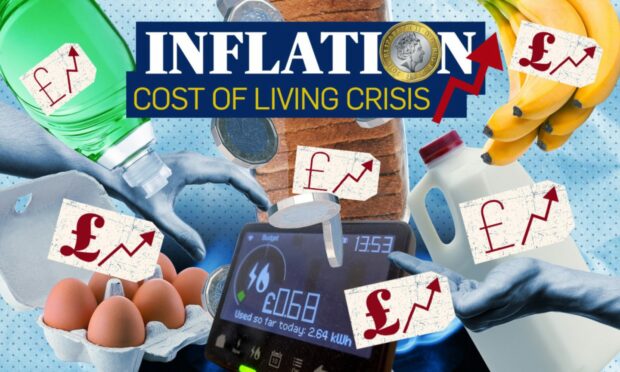
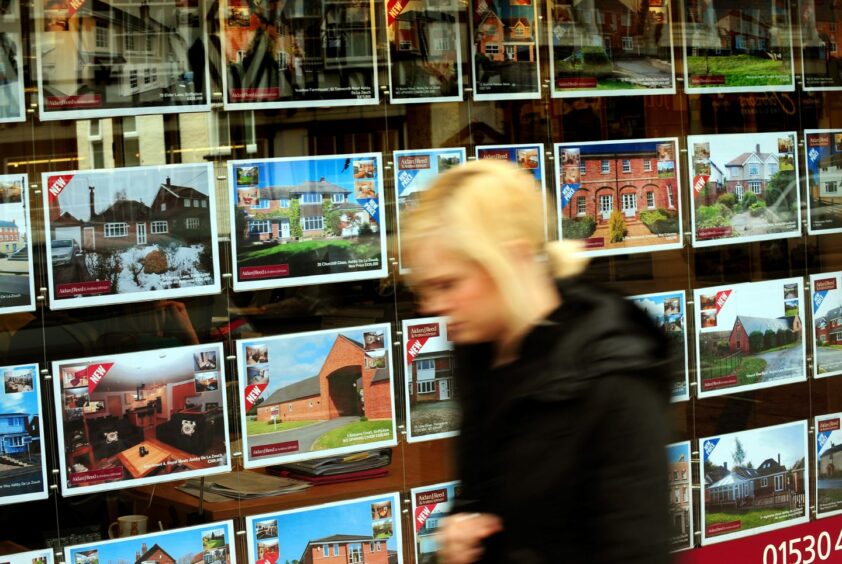

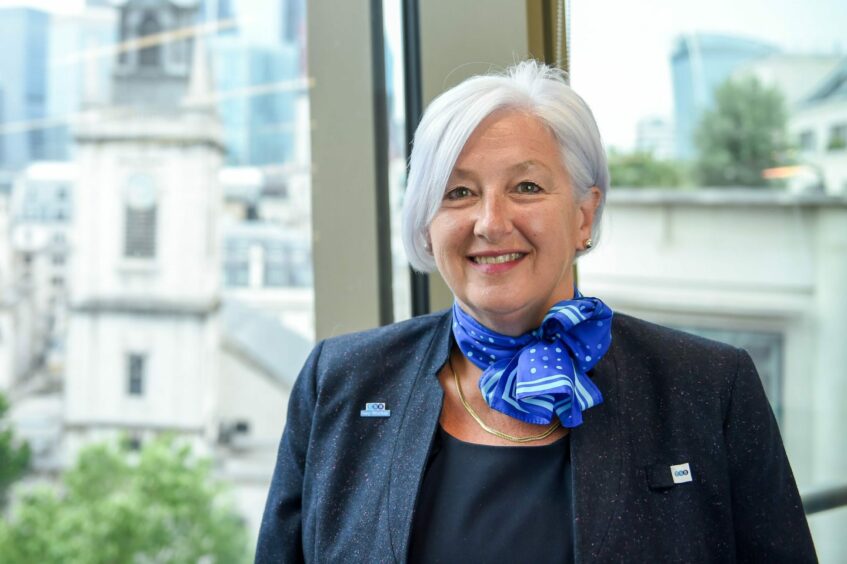
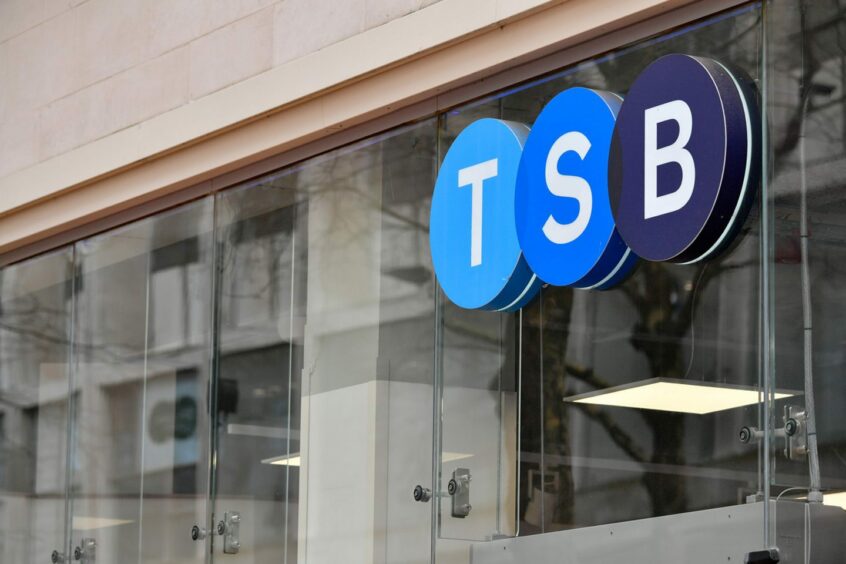
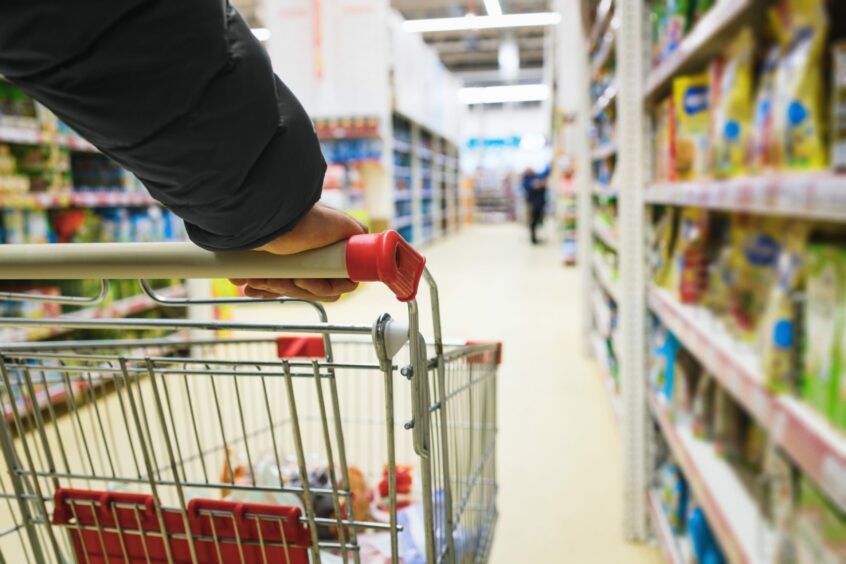
Conversation